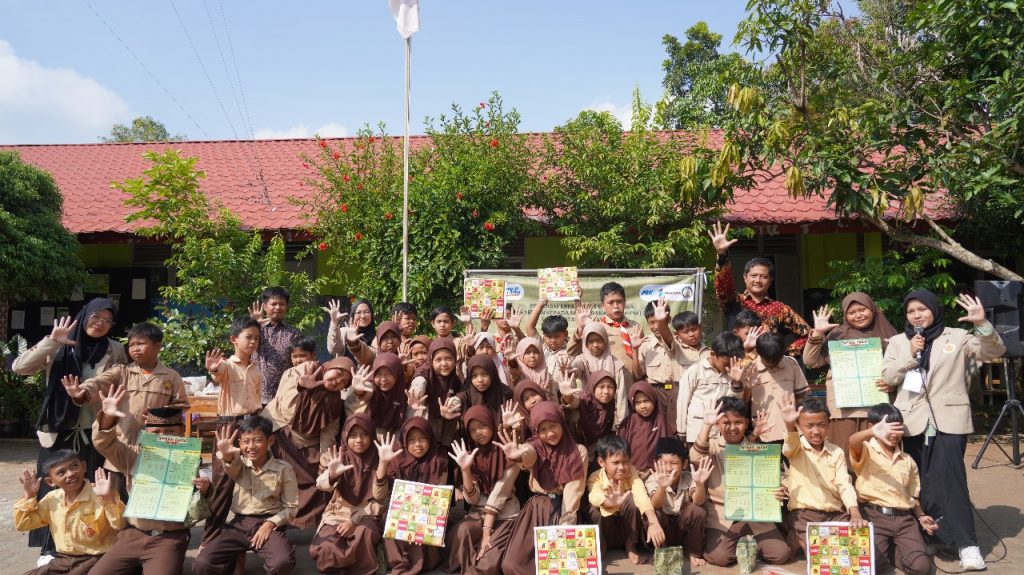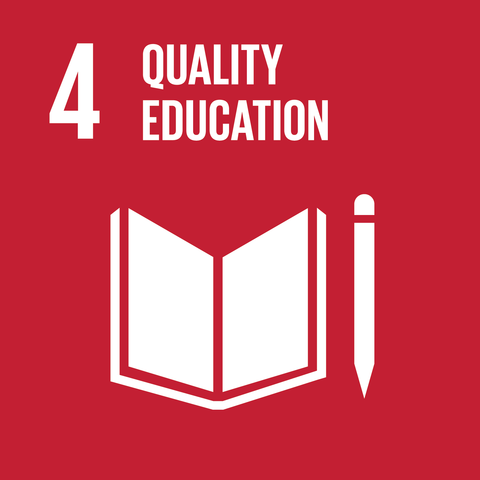 Yogyakarta, May 16, 2024 – Kabupaten Bantul, a region in the Special Region of Yogyakarta, is renowned for its abundant natural resources. Additionally, tourists visiting this area have positively impacted the development of regional potential, including the growth of tourism villages. The development of tourism villages in various areas continues to expand and is increasingly popular among both local and out-of-town tourists. Besides the economic benefits for the region, the development of tourism villages also boosts the local economy by generally empowering local residents. One key to this success is quality education for local residents.
Yogyakarta, May 16, 2024 – Kabupaten Bantul, a region in the Special Region of Yogyakarta, is renowned for its abundant natural resources. Additionally, tourists visiting this area have positively impacted the development of regional potential, including the growth of tourism villages. The development of tourism villages in various areas continues to expand and is increasingly popular among both local and out-of-town tourists. Besides the economic benefits for the region, the development of tourism villages also boosts the local economy by generally empowering local residents. One key to this success is quality education for local residents.
Terong Village, located in the Dlingo District of Bantul Regency, Special Region of Yogyakarta, is situated in the northernmost part of Dlingo District. This village is characterized by its steep terrain, with road inclines reaching 45°, making access to the village quite challenging. Despite these accessibility challenges, many people prefer this route as it is considered faster. Although limited road accessibility remains an issue, Terong Village has been identified as a developing tourism village in Bantul.
A cornerstone of the success of a tourism village is quality education for its residents. According to 2024 population data, the majority of Terong Village residents have only attained an elementary school level of education. This indicates that the quality of education for most residents is still below the average for the Special Region of Yogyakarta. This has prompted the PKM Community Service team, consisting of mathematics lecturers and students, to contribute to improving the quality of mathematics education at an elementary school in Terong Village.
In line with efforts to enhance quality education, mathematics is a fundamental subject that needs to be taught to children. However, based on surveys conducted by the PKM-PM team, we found that several students at SD Negeri 2 Terong still struggle with basic arithmetic concepts. These difficulties can be categorized as dyscalculia, also known as mathematical disorder or developmental arithmetic disorder. Dyscalculia is estimated to affect 3% to 14% of school-aged children. In such cases, students have trouble understanding basic mathematical operations such as addition, subtraction, multiplication, division, and mathematical symbols.
Creative and innovative learning media are needed to support student learning in schools. Moreover, teachers as facilitators should possess adequate competence in delivering materials to students to prevent them from feeling bored. The advancement of technology in the modern era allows for innovative and engaging learning media. One such medium that can be created to support learning is Animation Learning Video.
To ensure the success of the initiative program, the PKM-PM team has held several coordination meetings with SDN 2 Terong. The latest coordination was conducted on Thursday, May 16, 2024, involving team members and several teachers. Our team also explored environmental potentials by utilizing waste materials as learning media, teaching environmental sustainability values, and inspiring the surrounding community to contribute. With this innovative approach, we hope to reduce the number of students experiencing difficulties with basic arithmetic and provide equal learning opportunities for all students. This supports SDG 4 on quality education. Through collaboration and innovation, it is hoped that Terong Village will not only develop as a tourism village but also have quality and sustainable education.
 Keywords: Service, Mathematics Education, Wood Waste
Keywords: Service, Mathematics Education, Wood Waste
Author: Uha Isnaini
Editor: Sania Rizka R.
Photos: PKM team students
